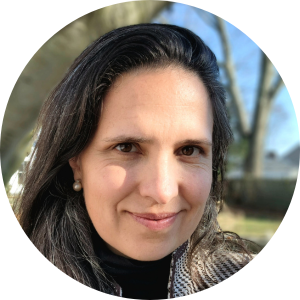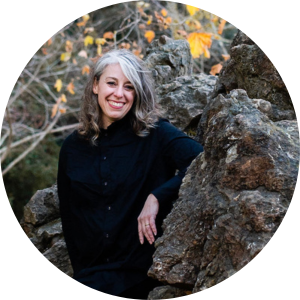How can ethnography help us understand rapid technological change? Sociocultural theory and ethnographic practice can help us make sense of what it means to be human as our experiences, sense of self, and collectivities are increasingly mediated by digital technologies. Over 20 years, EPIC members have created an extensive body of expertise on this topic, and it is an immensely valuable resource in our library for anyone seeking to understand, build, influence, or critique automations. But…where to start?
This session will introduce the 2025 Learning Circle focused on the Sociotechnical Systems & Assemblages. Learning Circles are facilitated cohorts of EPIC Members dedicated to peer-supported learning around a particular collection of EPIC resources. During Learning & Networking Week, we invite you to join this orientation session to find out how Learning Circles work, meet the facilitators, and connect with some of the EPIC people who will make the group lively and valuable. This year’s Sociotechnical Systems & Assemblages Learning Circle will be facilitated by María Vidart-Delgado and Karl Mendonca. Learning Circles are coordinated by Samantha Gottlieb.
Speaker

María Vidart-Delgado is a mission-driven UX researcher and curator of the Sociotechnical Systems & Assemblages Collection in the EPIC Library. Trained as an anthropologist, Maria uses ethnographic theory and methods to understand how systems work and the impacts they have on people’s lives. Her interest in equity dates back to the beginning of her professional career in her native Colombia where she worked implementing cultural policies to promote “peaceful coexistence” and inclusion in a country ravaged by war. After getting her PhD in 2013, she has continued her interest in equity work and ethnographic research in a variety of settings. She has worked with artists to research and design equitable cultural policy in Boston; consulted for US government agencies designing digital systems that are accessible to the public; and currently works at Reddit conducting research to keep communities safe.

Samantha Gottlieb is a science and technology studies anthropologist, and a New Yorker living in California. She most recently led Fitbit’s mobile wellbeing UXR team at Google. Sam combines her education in philosophy, gender studies, public health, and anthropology to bring a multi-disciplinary lens to her work. With over 20 years of health technology expertise, she has worked as a consultant in biotech, digital media, public health departments, and health care startups. She is motivated by research that explores the interplay between diverse institutional actors and individuals who reclaim agency despite structural limitations. Sam first attended EPIC in 2009 and values the community of critical social thinkers and observers.
